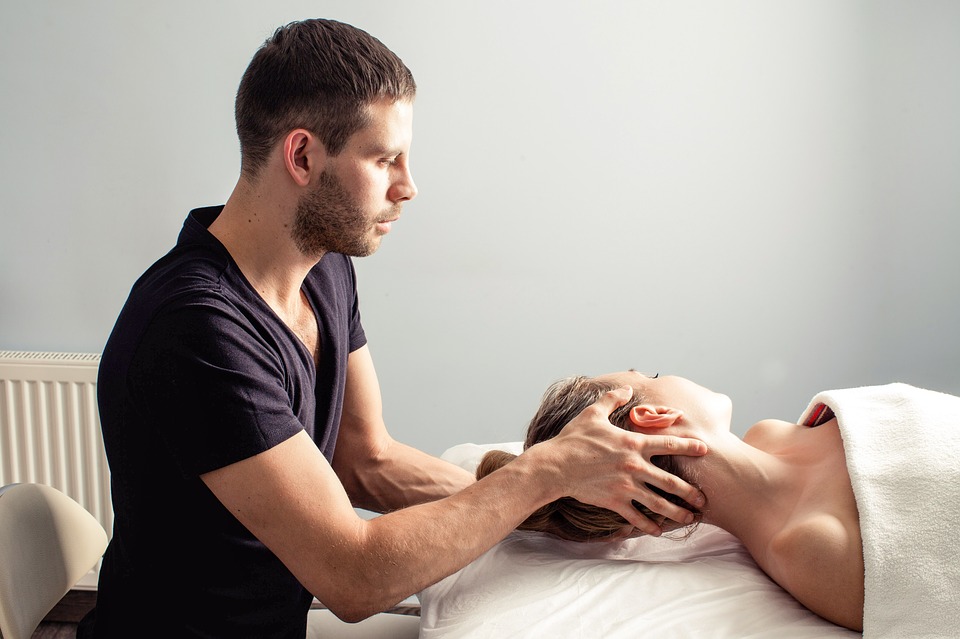Black males have traditionally been under-represented in mental health professions. Therapists of color face unique challenges in providing services to black people, such as overcoming cultural bias, preconceived notions, and lack of education about their specific culture and history. Often, the result is that these behavioral issues are ignored or left undiagnosed, and therefore untreated. However, by working with a black therapist, black people can work together to address their mental health challenges and live healthier, happier lives. Here are a few traits of good therapy for black men:
Professionalism
Black therapists are professionals, and their work reflects that fact. As such, they handle the mental health of black men with respect and dignity.
Clarity and Empathy
Black male therapists are skilled at helping their clients deal with past, present, and future issues related to race, gender, ethnicity, and life struggles. Thus, they are excellent at resolving conflicts, improving communication skills, developing self-awareness, improving judgment, increasing self-esteem, improving self-image, improving self-confidence, and more. In short, great black men mental health services providers clearly understand the challenges black men face and how they need to be helped.
Tradition
Traditionally, black men were not encouraged to seek mental health services. But the reality of today’s society, which is very diverse and experiences various forms of racially-tinged experiences, is that black men have the right to seek treatment for mental health problems. Therapists skilled at handling these issues face fewer barriers to getting treatments for their clients than therapists who do not deal with these issues.
Motivation and Empathy
Black therapists often work with clients who have low self-esteem and/or struggle with issues related to the feeling of identity, social status, and fear of being different. Sincere concerns about these issues can be very draining, and a therapist needs to effectively communicate these concerns to his or her patients. Also, since most black people live in segregated communities, it is especially challenging for these people to find help and therapy.
Black Personal Therapists
An increasing number of Black male therapists are working to provide more specialized care to their patients. Many black mental health professionals can now take advantage of the Internet to draw in more clients and offer a specialized kind of care to those in need. For example, while many traditional mental health providers limit their patient caseloads to four or five clients, more progressive black therapists can increase their client caseloads by adding additional clients to their practice over time.










